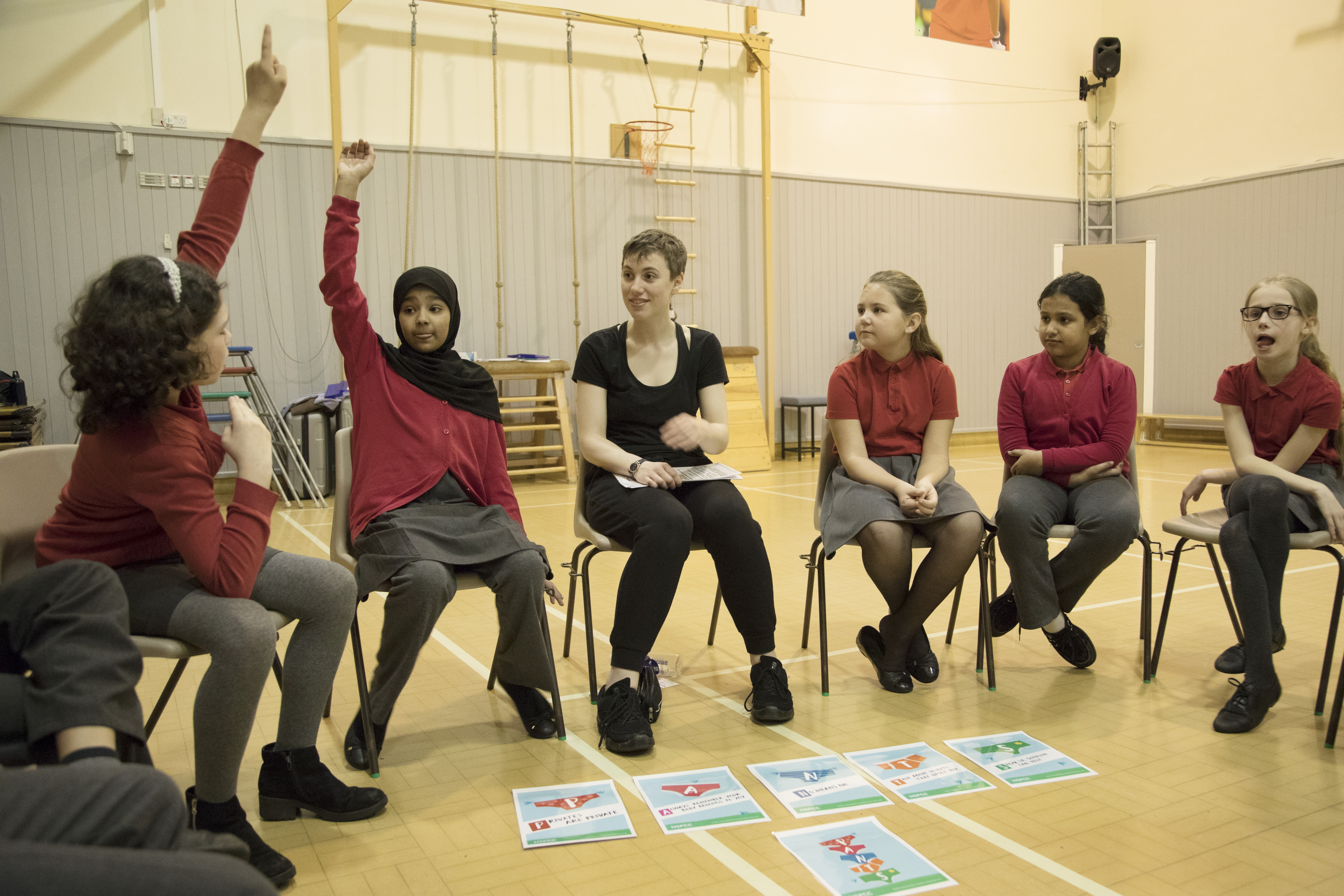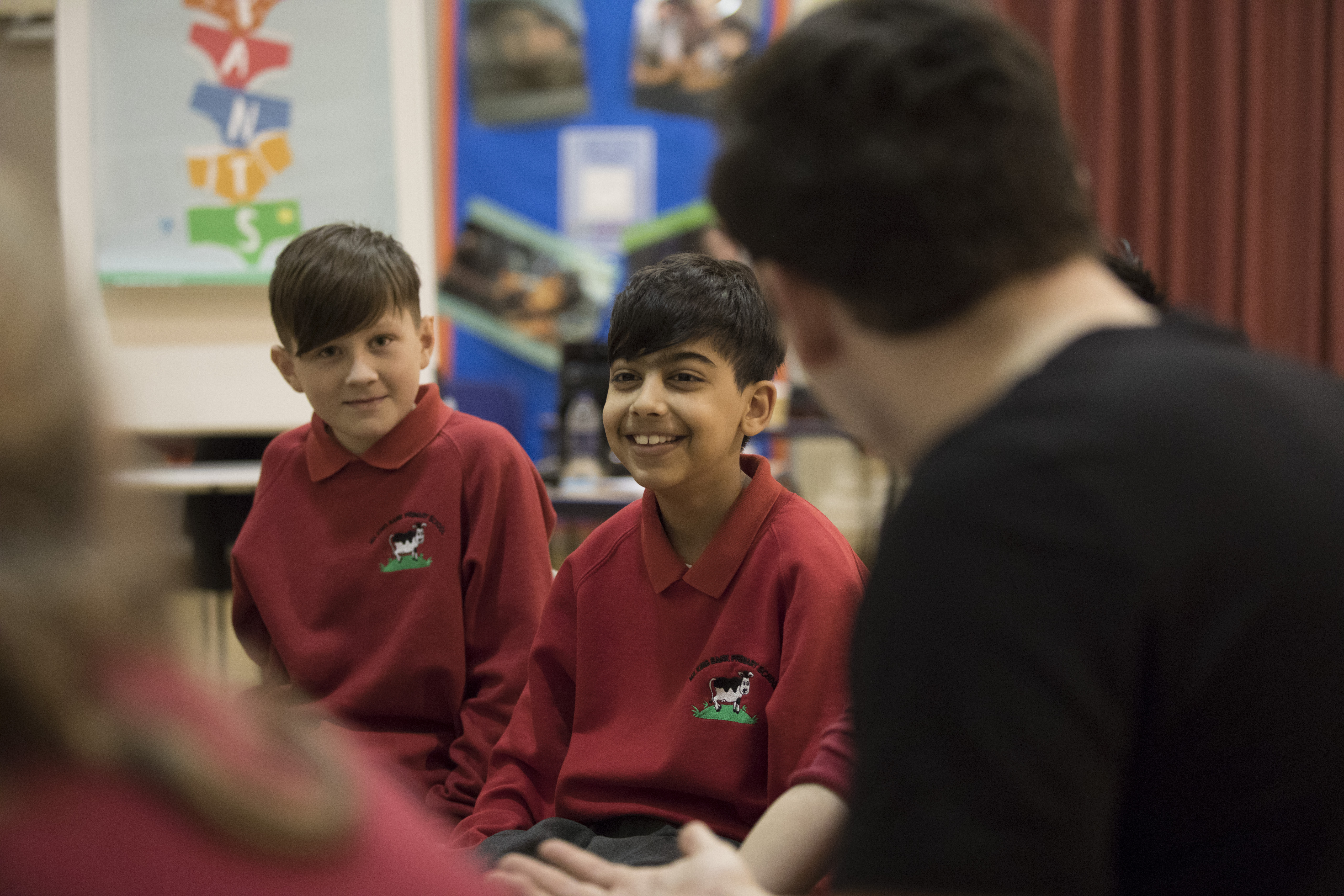We understand that consent can be a bit of a head scratcher in secondary schools, let alone primary!
However, the new Relationships Education guidance for primary schools says…
“Establishing personal space and boundaries, showing respect and understanding the differences between appropriate and inappropriate or unsafe physical, and other, contact – these are the forerunners of teaching about consent”
Basically - teaching the basics in primary school is key if we want teenagers to understand the more nitty gritty stuff.
By the time young people reach secondary school, peer on peer sexual abuse will become a key issue for them.
According to Girlguiding's Girls' Attitudes Survey 2017 64% of girls aged 13-21 had experienced sexual violence or sexual harassment at school or college in the past year.
This included 39% having their bra strap pulled by a boy and 27% having their skirts pulled up within the last week.
By tackling this kind of behaviour in primary schools, before the young people sexually mature, we hope to decrease the risk of peer on peer sexual violence and harassment in their future.
The Sexual violence and sexual harassment between children in schools and colleges 2018 Report states that all staff should be aware of the importance of:
-
making clear that sexual violence and sexual harassment is not acceptable, will
never be tolerated and is not an inevitable part of growing up -
not tolerating or dismissing sexual violence or sexual harassment as “banter”, “part of growing up”, “just having a laugh” or “boys being boys”;
-
challenging behaviours (potentially criminal in nature), such as grabbing bottoms, breasts and genitalia, flicking bras and lifting up skirts. Dismissing or tolerating such behaviours risks normalising them
-
understanding that all of the above can be driven by wider societal factors beyond the school and college, such as everyday sexist stereotypes and everyday sexist language. This is why a whole school/college approach (especially preventative education) is important
How can Loudmouth help you?
Our Helping Hands programme covers many different types of abuse, including inappropriate touch between children. We tackle this sensitive subject through a poem performed by two primary school characters.
The poem explores the different pressures boys and girls might face when it comes to inappropriate touch, concluding that in order to feel safe everyone should be treated equally and with respect.
“So remember for girls
And for boys too
Your body is yours
It belongs to you”
In our workshops we go into this in more detail, helping young people to understand what ‘consent’ means, and how people might feel when they are touched without consent.













